In the intricate tapestry of the US economy, the actions of the federal government can have far-reaching consequences that extend beyond their immediate targets. President Donald Trump’s aggressive stance on immigration and his imposition of tariffs have created a complex web of challenges for businesses and consumers alike. One of the most notable impacts has been on the Latino community, which has seen a significant shift in consumer behavior, particularly in the consumption of beer products owned by Constellation Brands.
The Impact on Latino Consumers
Since President Trump took office, his administration has pursued a hardline approach to immigration, including invoking rarely used wartime authorities to enforce deportation policies. This has led to a climate of fear among the Latino community, with many individuals avoiding public gatherings and social events for fear of being targeted for deportation. Constellation Brands, the owner of popular beer brands such as Modelo and Corona, has felt the brunt of this shift. Approximately half of Constellation’s US customers are Hispanic, and the company has reported a noticeable decline in sales due to these concerns.
William Newlands, CEO of Constellation Brands, highlighted the issue during a conference call with analysts, noting that social gatherings, where Hispanic consumers often enjoy beer, have declined significantly. This pullback contributed to a 1% drop in Constellation’s beer shipments in the last quarter. The slowdown in beer sales was particularly pronounced in neighborhoods with large Hispanic populations.
Shift in Shopping Behavior
The fear of deportation has also altered the shopping behavior of Latino consumers. Many are now opting to shop at large retail chains where they can blend into the crowd, rather than frequenting smaller convenience stores or bodegas that primarily serve Hispanic customers. This shift has had a direct impact on local businesses, which rely heavily on the patronage of the Latino community.
Broader Economic Pressures
The challenges faced by Constellation Brands are not isolated incidents. Other companies, such as Burlington, Foot Locker, Colgate-Palmolive, and Monster, have also reported sluggish sales among Hispanic customers in recent weeks. John Faucher, Vice President of Colgate-Palmolive, acknowledged the impact on Hispanic demand, noting a significant decline in traffic from Hispanic consumers. According to market research firm Circana, discretionary purchases among Hispanic consumers have fallen at a faster rate than those of non-Hispanic customers.
The Role of Tariffs
In addition to immigration policies, tariffs have added another layer of complexity to the economic landscape. The Trump administration’s imposition of tariffs on imports, particularly from China, has led to increased costs for businesses and consumers. Constellation Brands, which imports all its beer from Mexico, has faced higher tariffs on its products. This has forced the company to adjust its business strategy, including divesting from mainstream wines and focusing on higher-end brands.
The tariffs have also had a broader impact on the economy, contributing to inflationary pressures and dampening consumer spending. The combination of these factors has led to a challenging environment for businesses that rely heavily on the Latino consumer market.
The Path Forward
As businesses navigate these challenges, they must adapt to changing consumer behaviors and economic conditions. For Constellation Brands, this may involve diversifying its product portfolio and exploring new markets. For policymakers, it underscores the need for a balanced approach that addresses legitimate concerns about immigration while minimizing the unintended consequences on the economy and communities.
The intersection of immigration policies and tariffs has created a complex and challenging environment for businesses and consumers. The Latino community, a vital part of the US economy, has been particularly affected, with significant shifts in consumer behavior and spending patterns. As businesses and policymakers look to the future, they must consider the broader implications of their actions and strive for policies that promote stability and growth for all segments of society.
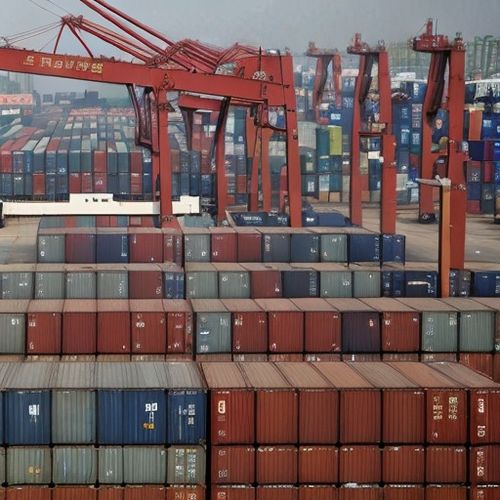
By Samuel Cooper/Apr 14, 2025

By Michael Brown/Apr 14, 2025

By Emma Thompson/Apr 14, 2025

By David Anderson/Apr 14, 2025

By Megan Clark/Apr 14, 2025
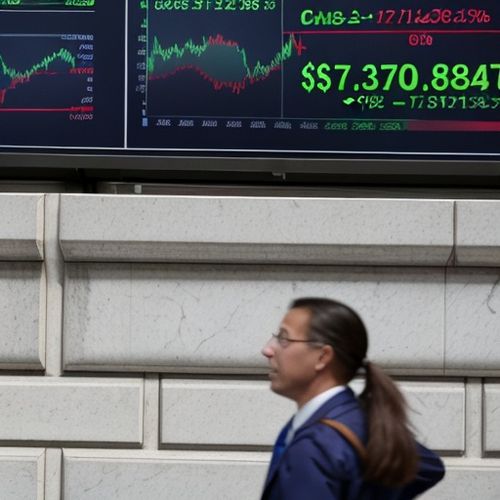
By Emma Thompson/Apr 14, 2025

By Thomas Roberts/Apr 14, 2025

By Rebecca Stewart/Apr 14, 2025

By Natalie Campbell/Apr 14, 2025

By Laura Wilson/Apr 14, 2025

By Ryan Martin/Apr 14, 2025
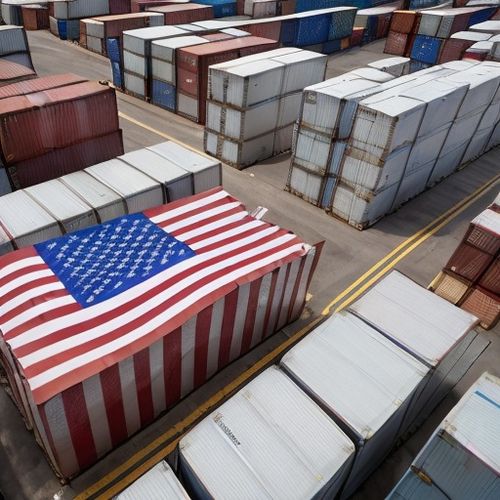
By Elizabeth Taylor/Apr 14, 2025

By Laura Wilson/Apr 14, 2025

By Sophia Lewis/Apr 14, 2025
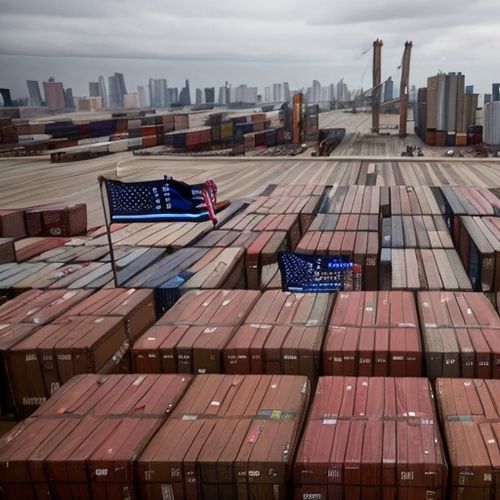
By Laura Wilson/Apr 14, 2025

By Elizabeth Taylor/Apr 14, 2025

By Amanda Phillips/Apr 14, 2025
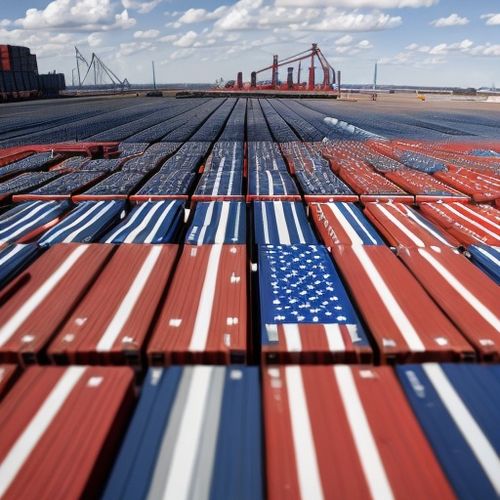
By Sarah Davis/Apr 14, 2025
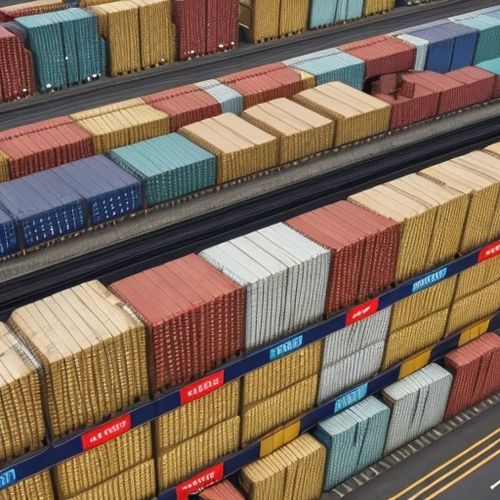
By Samuel Cooper/Apr 14, 2025